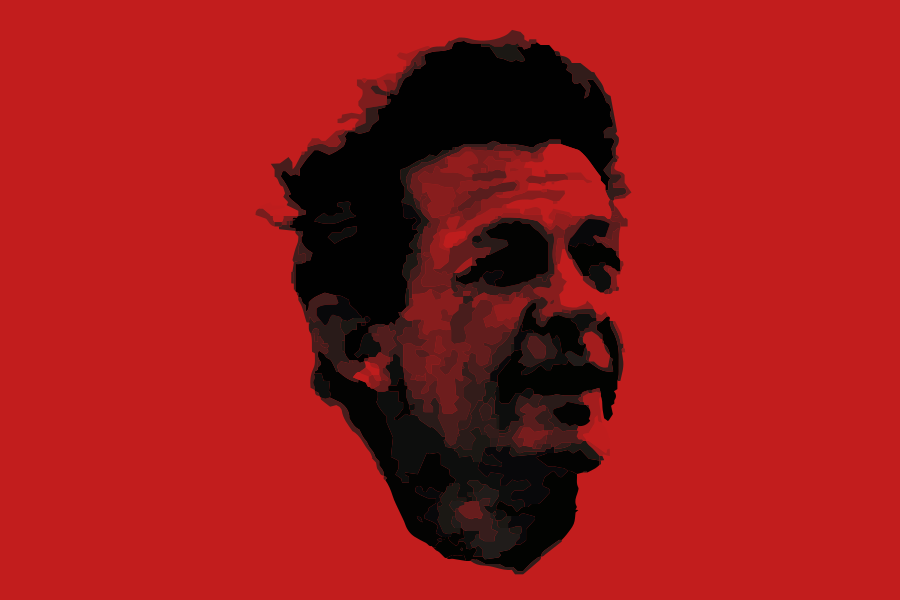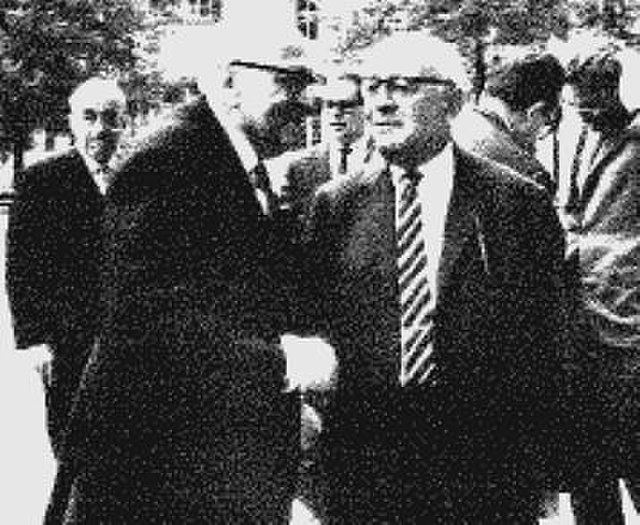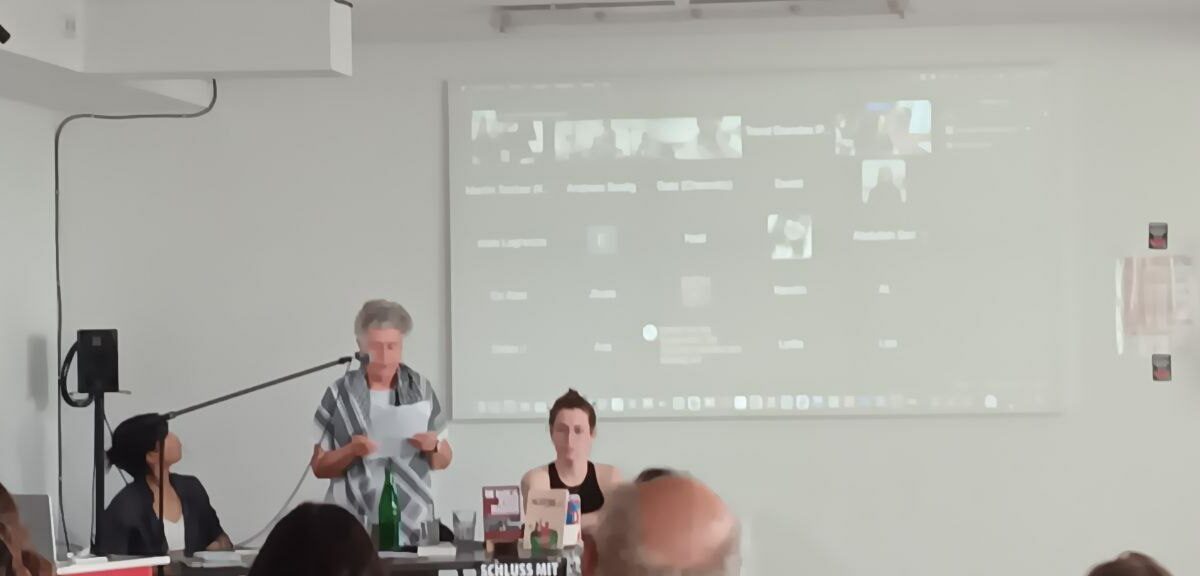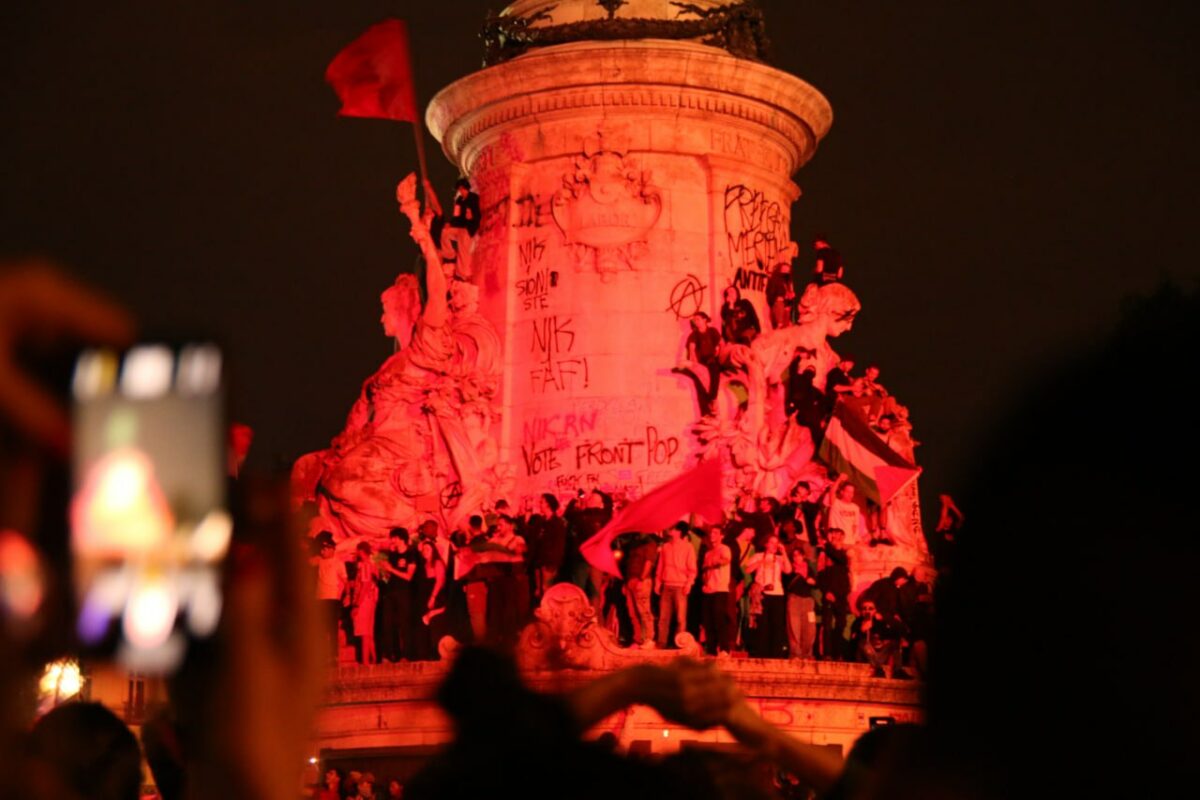Forty years ago, on 11 June 1984, Enrico Berlinguer passed away, leaving a void in Italian politics that would never be filled again.
Berlinguer’s life was just extraordinary. A Sardinian anti-fascist, in 1943 he joined the Italian Communist Party (here mentioned as PCI), whose youth section he helped found. The following year he was arrested for participating in the “bread revolt” (rivolta del pane) in which Sassari’s working class demanded basic essentials such as bread and sugar. Two years later, in 1946, he joined the Central Committee, together with legendary names from the party such as Palmiro Togliatti, Luigi Longo and Gian Carlo Pajetta. Here he begins his ascent to the leadership, which he would hold from ‘72 until his death.
It is 7 June 1984 and, like now, the European elections are approaching. Berlinguer is in Padua, where he’s giving what would be his last election speech. “Once again it has been shown that it is not possible, in Italy, to safeguard democratic institutions if you exclude the communists”. Thus he opens his address, which would go down in history. He speaks of freedom, of democracy, of the fight for rights “even for those who are opponents of the communists”. Of peace, culture, equal rights for women. That is what communism meant to him. His views are more relevant than ever.
Towards the end of the speech, what many suspect becomes clear: Berlinguer is not well. From the crowd you can hear shouts of “Enough Enrico!”, but he does not stop. He shall finish that speech, at any cost. The broken voice, the pain in the eyes of a man fighting a stroke. He slumps slightly, then continues in front of an audience who fears the worst. Berlinguer pauses a short while, then resumes with the words for which everyone would remember him: “Comrades, you all work. House by house, company by company, street by street, talking to the citizens”. He takes off his glasses and smiles with the satisfaction of one who has done his duty. In his eyes you can see the ethics of a man who puts his work above everything else. At the same time, he can no longer hide a sense of concern. “For the proposals we present, for what we have been and are, it is possible to win new and broader support for our lists and our cause, which is the cause of peace, freedom, work and the progress of our society.” He is immediately taken to his hotel, where he falls into a coma. He’s then transferred to the hospital, where he dies of a cerebral hemorrhage after four days.
He is remembered as a mild man, by some as “the mute Sardinian”. Nothing to do with the vulgarity of today’s Italian politics. He is the most loved Italian politician of all time, who led his party to 34.4%, its all-time high, making it the most important Communist Party in the West. He began the process of breaking away from the Soviet Union, cutting off Russian funding to the PCI. In ‘73, in Bulgaria, he survived a car accident that many considered an attempt on his life. In ‘76 he declared in an interview with Italy’s main newspaper Corriere della Sera that he would feel safer under the umbrella of NATO than the Warsaw Pact. The following year he flew to Moscow for the anniversary of the October Revolution and in his speech to the Kremlin said that “democracy is the historically universal value on which to base an original socialist society”. After General Jaruzelski’s seizure of power in Poland, Berlinguer uttered another of his historic phrases at a press conference in 1981: “The driving force of the October Revolution has exhausted itself”.
His popularity grew and he became a central figure in international politics. Loved by the people, he was criticized and feared from right to left, by the USA and the USSR: for the West, he was still a communist in the context of the Cold War and a world divided into blocks of influence. For Russia, his insubordination to the Soviet model was unacceptable. Together with Aldo Moro, president of the Christian Democrats, Berlinguer theorized the “Historical Compromise”, which would have led to a coalition government between Communists and Christian Democrats. The project never materialized as Moro was kidnapped and killed by the communist armed group “Brigate Rosse”, who wanted to prevent its realization. The coup d’état in Chile in 1973 engineered by the CIA that led to the ousting of Salvador Allende’s leftist government was a turning point for Berlinguer: there he realized the danger of external reactionary interference in the event of communists entering government. A thesis confirmed by a particularly harsh exchange between American President Henry Kissinger and Aldo Moro, where the former told the latter “[…] you must stop pursuing your political plan to bring all the forces in your country to collaborate directly. Here, either you stop doing this, or you will pay dearly for it”. As a result, Berlinguer focused on the development of “Eurocommunism”, a democratic alternative to the Soviet model based on the collaboration between European communists, particularly the French and Spanish. Berlinguer was also the father of the “moral question”, by which he urged the commitment of political parties to the principles of honesty and fairness in the management of public money. He was a bold supporter of the campaign for the divorce referendum.
Berlinguer’s funeral was attended by 1.5 million people. It was the largest state funeral in Italy after that of Pope John Paul II, and by far the largest for a politician. His legacy is immense, such that anyone who has tried to follow it has struggled. And no one has really succeeded – if anyone has really tried. With him the Italian left died. We remember him because the need for personalities like him is more relevant than ever, as are his ideas. But as long as the memory of what he was and what he represented remains alive, there will always be hope that someone will come along and carry on what he was unable to continue. In his song “Somebody was a communist” the great Italian composer and singer Giorgio Gaber wrote that “some were communist because Berlinguer was a good person”. I would argue that was the main reason for almost everyone. Thank you, Berlinguer, for showing us the way. You will never be forgotten.
An excerpt from “Somebody was a communist” by Giorgio Gaber (1992)
Someone was a communist because they dreamed of a different kind of freedom.
Someone was a communist because they thought they could only be alive and happy if others were.
Someone was a communist because they needed a push towards something new, because they were willing to change every day, because they felt the need for a different morality, because maybe it was just a force, a flight, a dream, it was just a drive, a desire to change things, to change life.
Someone was a communist because with this impetus everyone was like more than themselves, they were like two people in one. On the one hand the personal daily grind and on the other the sense of belonging to a race that wanted to take flight to really change life.
No, no regrets. Perhaps even then many had spread their wings without being able to fly, like hypothetical seagulls.




